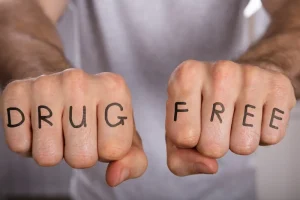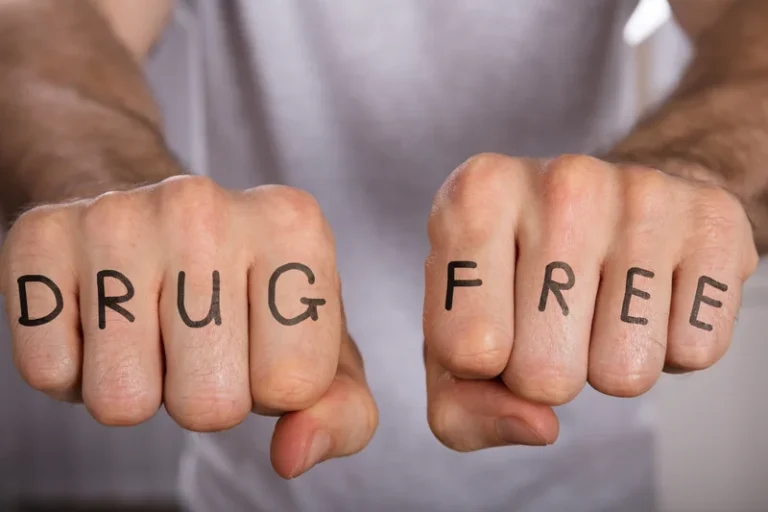
In many cases, health insurance can help to pay for detox treatment costs. Following the continuum of care helps clients address the more persistent issues that come with addiction. Individualized treatment plans start in detox, with staff taking the time to determine what patients truly need to support recovery. Professional detox programs can provide education, professional support, emotional and physical healing opportunities, medication, and more.
- Traditional rapid detox programs take about 2 to 3 days to complete and carry less danger, but are still more expensive than a typical detox.
- Programs such as Alcoholics Anonymous (AA), Narcotics Anonymous (NA), and SMART Recovery provide peer support, mentorship, and a structured recovery framework.
- While home‐based alcohol detoxification seems to be safe and effective for patients without severe withdrawal, little is known about detoxification for illicit or polysubstance dependence.
- Home‐based detoxification shows potential as a safe and patient‐preferred intervention, though more research is required to assess its broader effectiveness and feasibility across various substances.
- After successfully detoxing, you may feel better and have greater mental clarity to address the psychological issues related to substance use disorder.
- Most withdrawal symptoms subside within the first week, though problems like anxiety and sleep disturbances can persist for several weeks.
What happens if I experience severe withdrawal symptoms during detox?
The MMAT was chosen because of the variety in the designs of the included studies. The MMAT consists of two general questions that are used for all studies and a subset of Alcoholics Anonymous questions specific to the study design. The quality assessment was done by two authors (Eva Rens and Anna Ceelen). A score out of five is calculated for the design‐specific questions based on the number of ‘yes’ per study. All studies were included in this review, regardless of their quality, but we reflect on the evidence in light of the methodological quality.

How to Detox Your Body From Drugs
At Sandstone Care, we are prepared to help you begin your sober journey with the best support, education, and medical care possible. Addiction is a recognized disease, and drug detox medical detox services are covered by most insurance. Familiarizing oneself with any treatment facility’s detox process can help empower those taking their first step toward detox to fully commit to their sober change. Calling ahead and asking about particular strategies, methods, and if they employ a medical detox approach can be the beginning of finding an effective detox center. Avoid falling back into previous routines, engaging with non-supportive or high-risk social groups, or taking unnecessary risks that may lead to drug or alcohol use.
Effective Ways to Support Detoxification

This approach was exemplified in the CONTAD program mentioned in this review, where lay health workers received training from an experienced psychologist and psychiatrist 17. Also, the psychosocial home‐based care was delivered by community health workers in the RCT on contingency management 21. Five of the described programs provided home‐based detoxification for any substance of concern 13, 15, 16, 19, 20, five for alcohol only 17, 18, 21, 22, 23, and one for opioids only 14. One program made short‐term accommodation available for the duration of the program if the patient had no stable housing 19.

Alcohol & Drug Detox Process: How to Find Detox Centers Near Me
- Service users valued the person‐centred approach but mentioned low awareness of the program and difficulties finding an appropriate support person as barriers for participation.
- No serious adverse events such as seizures, overdoses or death were reported in any of the publications.
- Overcoming drug addiction is a journey; moving on from detox too quickly can leave traces of the substance in a person’s body.
- These medications vary depending on the substance of abuse and individual patient needs.
- Detox with medical supervision allows patients to detox in a safe and comfortable environment.
The National Institute on Drug Abuse (NIDA) suggests that 40% to 60% of individuals treated for substance use disorders relapse within a year. These statistics highlight the challenges in maintaining long-term sobriety and underscore the importance of comprehensive, ongoing treatment strategies. Preventing withdrawal symptoms involves medical drug detox, gradually tapering off the substance while managing symptoms. Medications are prescribed to ease discomfort, guaranteeing a safe discontinuation and an effective withdrawal course.


